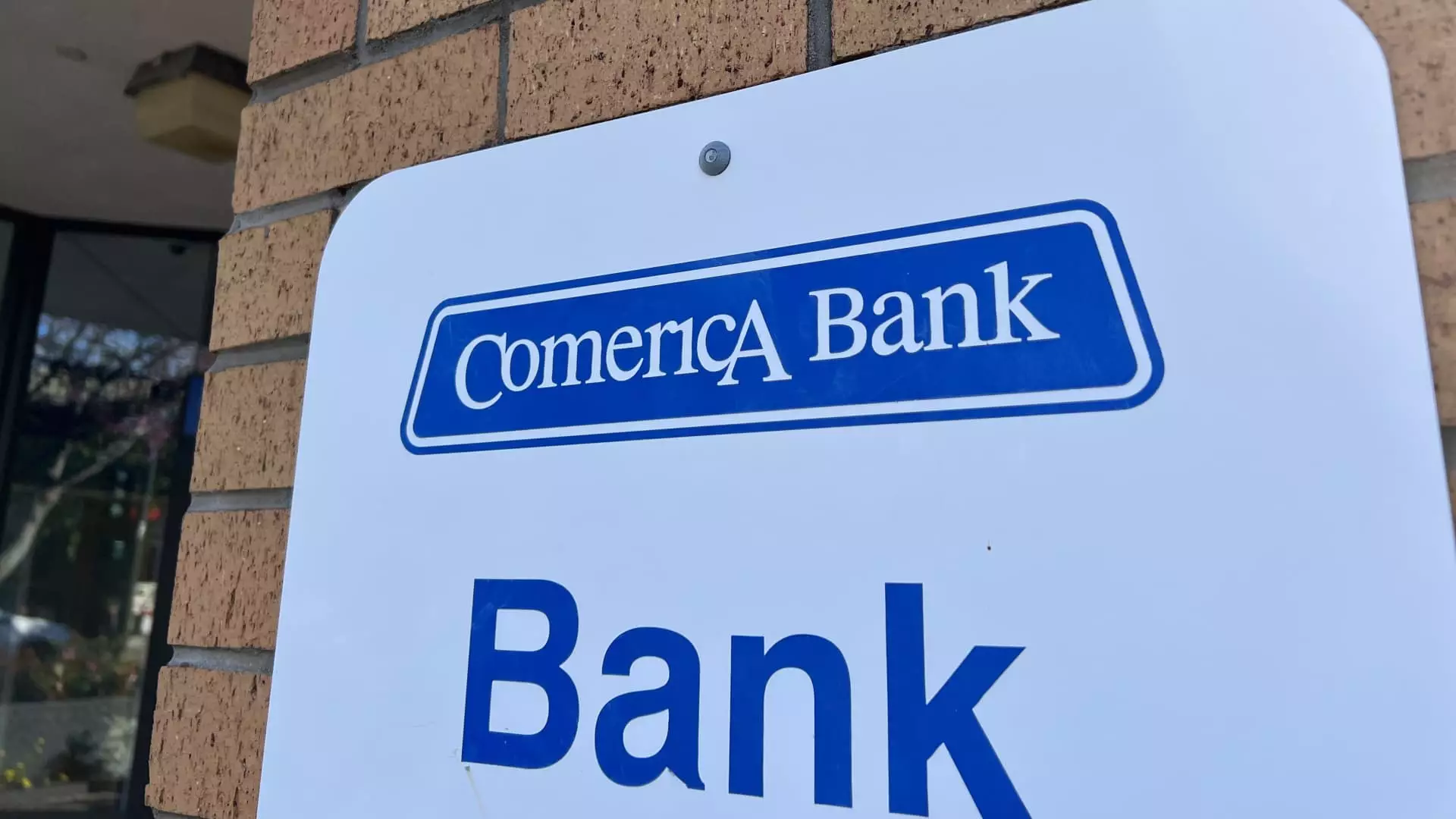The Consumer Financial Protection Bureau (CFPB) has recently taken a significant step by filing a complaint against Comerica Bank, specifically concerning its management of the Direct Express prepaid debit card program, which is critical for many Americans reliant on federal benefits. This lawsuit sheds light on serious allegations, including the intentional disconnecting of over 24 million customer service calls, improper ATM fees charged to more than a million cardholders, and inadequate handling of fraud complaints. The implications of these actions, as presented by CFPB Director Rohit Chopra, suggest a pattern of behavior that prioritizes profit over the welfare of consumers living on fixed incomes.
The Direct Express program was established to provide a convenient way for beneficiaries—especially older adults and individuals with disabilities—who may lack traditional banking access, to receive and manage their federal benefits. Beneficiaries can utilize this prepaid debit card for essential expenses such as groceries and fuel. Since 2008, Comerica has been responsible for administering this program, promising customer support for millions of cardholders. However, the discrepancies reported by the CFPB raise questions about Comerica’s commitment to fulfilling its obligations and the protections extended to vulnerable populations.
The allegations outlined by the CFPB underscore an essential issue of consumer rights and accountability in the financial sector. The claim that Comerica deliberately terminated millions of calls suggests a deliberate effort to evade responsibility and transparency. When individuals encounter issues with their financial accounts, the ability to reach customer service can be critical. Moreover, imposing fees on cardholders unfairly complicates the financial management of those living on limited resources, exacerbating their vulnerabilities. This situation highlights the need for robust protections to guarantee that financial institutions adhere to higher standards of service while ensuring that consumers can voice their concerns and receive the necessary assistance.
In response to the complaint, Comerica has asserted that they have acted consistently with the oversight provided by the federal government. They argue that the CFPB claims are an overreach, stating that they have cooperated during the investigation and brought relevant context to light. This brings forth a significant debate about the role and authority of regulatory bodies like the CFPB in monitoring financial institutions. The cases from 2022, in which banks like Bank of America faced substantial fines for mishandling benefits during the pandemic, support the necessity of regulatory scrutiny to protect consumers.
As the CFPB and Comerica prepare for a legal confrontation, the outcomes of this case could have extensive ramifications for consumer protections in the financial sector. The allegations highlight an ongoing struggle between the need for profit within banking institutions and the fundamental rights of consumers, particularly those most at risk. As regulatory bodies increase their enforcement of consumer protection laws, it is paramount that financial institutions are held accountable for their practices, ensuring that millions of Americans can access their earned benefits without unnecessary obstacles or inequities.

